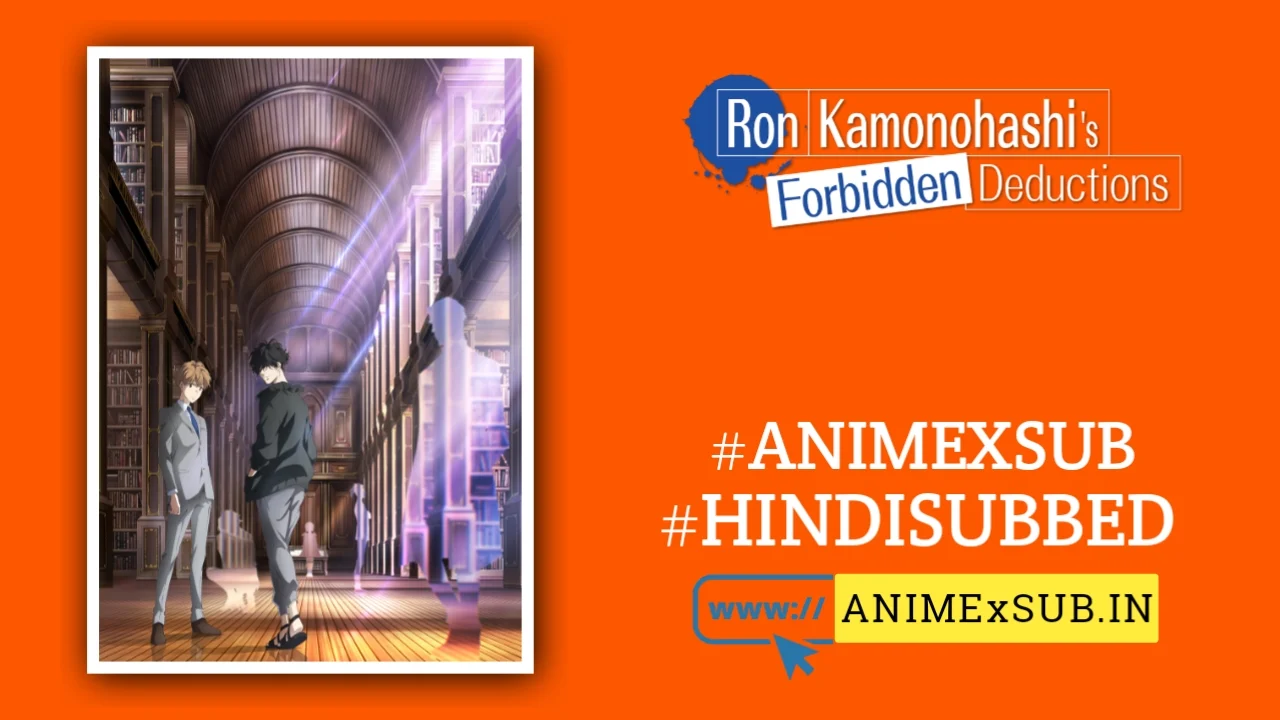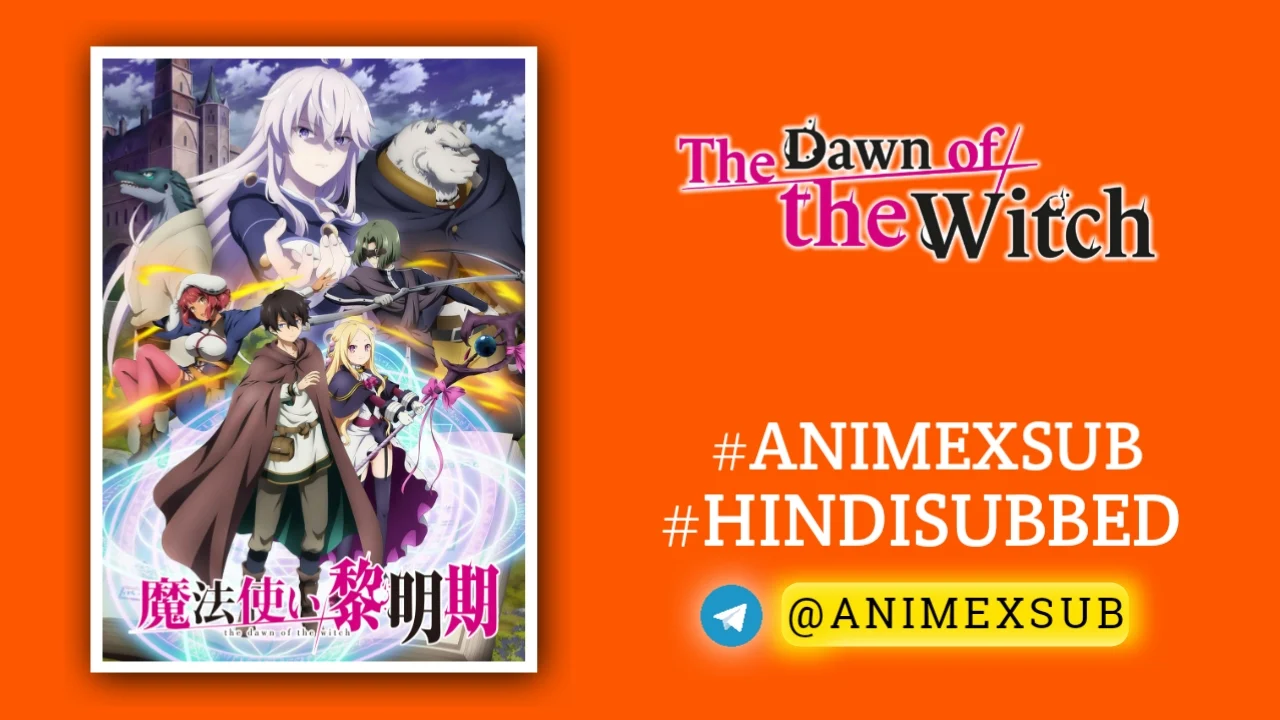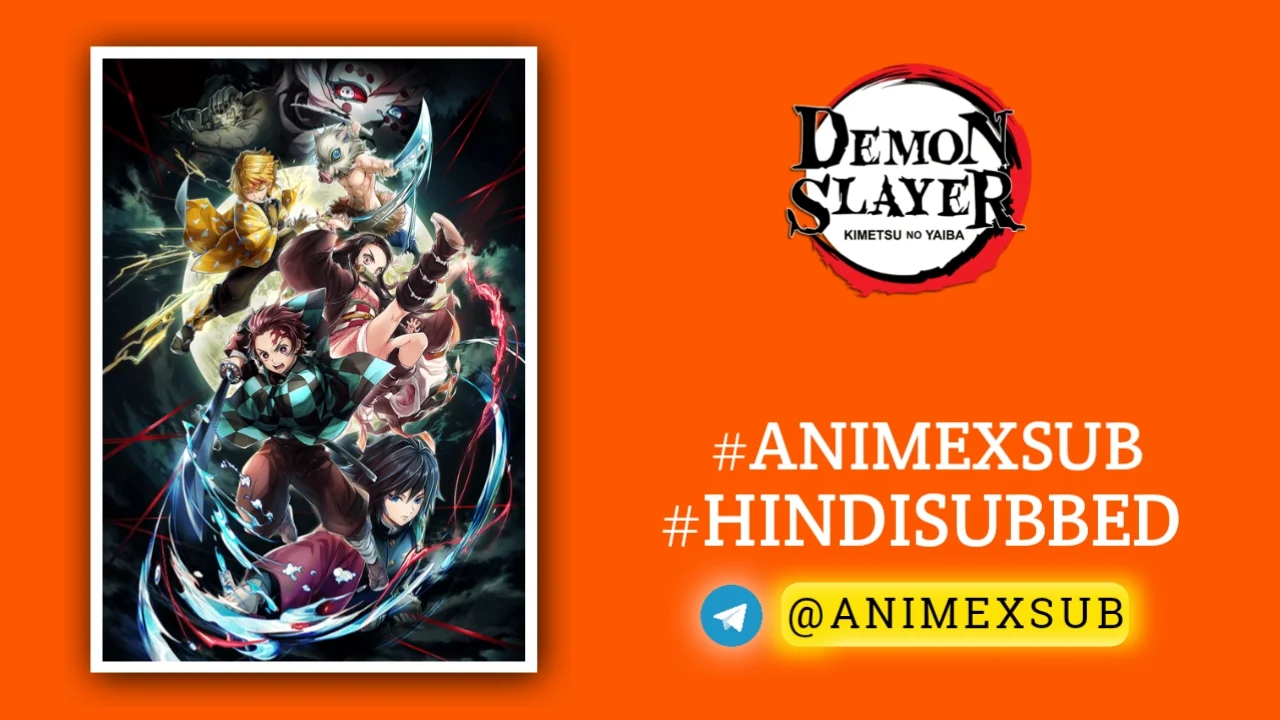
Yumeria Season 1 Hindi Subbed [12/12] {Complete}

Yumeria
Synopsis
On his 16th birthday, Tomokazu Mikuri had a realistic dream where he sees a girl battling a giant floating monstrosity. When he wakes up, he is surprised that the girl is actually sleeping next to him... Whenever he sleeps from now on, he ends up back at the dream world, and more and more people that he knows keep showing up there too. He finds out from a mysterious masked woman in the dream world named Silk that they are fighting against one named Faydoom, and he is the one who provides the powers to those girls so that they can fight these monsters. And so it goes... (Source: Anime News Network)
Characters
Episodes
How To Download Tutorial
Yumeria Season 1, a 12-episode anime produced by Studio Deen in 2004, adapted from Namco’s PlayStation 2 visual novel, blends harem comedy, magical girl action, and dreamworld fantasy into a curious, if uneven, experience. Centered on Tomokazu Mikuri, a 16-year-old slacker who discovers he can enter a dreamworld called Moera, the series follows his journey alongside a colorful cast of girls battling the alien Feydooms. While it has moments of charm and intrigue, Yumeria struggles to balance its ambitious ideas with execution, resulting in a show that’s equal parts fascinating and frustrating. This review dives into its narrative, characters, visuals, and themes, offering fresh insights into what makes Yumeria a unique artifact of early 2000s anime, without slipping into promotional fluff.
The premise kicks off with Tomokazu waking up next to Mone, a blue-haired girl from his dream who can only say “Mone.” This quirky setup introduces Moera, a surreal dreamscape where Tomokazu’s mysterious power amplifies the abilities of a team of girls—Mone, Mizuki, Nanase, Kuyou, Neneko, and Neito—to fight Feydooms intent on invading reality. The narrative initially leans into comedic harem tropes, with Tomokazu as the bumbling everyman surrounded by archetypal female characters: the cheerful childhood friend Mizuki, the mature cousin Nanase, the tomboyish Kuyou, and the eccentric Neneko, who houses the spirit of Neito, a time-displaced warrior. The show’s first half revels in lighthearted fanservice, with episodes like the beach and gym uniform escapades leaning heavily into ecchi humor. However, the tone shifts in the latter half, revealing darker underpinnings about fate, sacrifice, and the dreamworld’s connection to reality, culminating in a surprisingly poignant finale.
What sets Yumeria apart is its attempt to merge disparate genres—harem comedy, sentai-style action, and existential sci-fi—into a cohesive story. The dreamworld concept, inspired by the visual novel’s dating sim roots, allows for creative freedom, with Moera’s shifting landscapes reflecting the characters’ subconscious. The idea of Tomokazu as a “battery” for the girls’ powers is a novel twist, subverting the typical male hero archetype by making him a support figure rather than a fighter. Yet, the show struggles to flesh out its ideas. The Feydooms, despite being the central threat, are visually generic and lack compelling motivation, undermining the stakes. The narrative also juggles too many characters, leaving some, like Kuyou and Neito, underdeveloped despite their potential. A deeper exploration of Moera’s metaphysics or the Feydooms’ origins could have elevated the story, but the series often prioritizes fanservice over substance.
Character dynamics are both a strength and a weakness. Tomokazu, voiced by Wataru Hatano (Japanese) and Chris Patton (English), is a likable if predictable protagonist, his slacker persona offset by genuine care for his team. Mone, despite her limited vocabulary, conveys surprising depth through Moyu Arishima’s expressive performance, with each “Mone” carrying distinct emotional weight. Neneko, voiced by Tamaki Nakanishi (Japanese) and Luci Christian (English), steals scenes with her quirky “Really, it is!” catchphrase and mallet-wielding antics, though her cat-ear gimmick feels like a missed opportunity for deeper lore. The ensemble’s chemistry shines in comedic moments, but the harem setup often reduces the girls to stereotypes, limiting their growth. The standout is the Nate/Neito arc, which introduces a time-travel twist that adds emotional heft, though its resolution feels rushed.
Visually, Yumeria is a product of its time. Studio Deen’s animation is vibrant but inconsistent, with Moera’s dreamlike backdrops—floating islands, starry voids—being the highlight. Character designs, adapted from the game’s 3D models, are distinct but lean heavily on anime tropes (e.g., Mone’s blue hair, Nanase’s maternal elegance). Battle scenes start strong, with flashy transformations and attacks like Neneko’s “Super Extreme Tornado Attack,” but grow repetitive due to recycled animation and uninspired Feydoom designs. The soundtrack, featuring a catchy opening by Masumi Asano (Mizuki’s voice actress), complements the whimsical tone, though the background music is forgettable. The English dub, produced by ADV Films, is a high point, with Monica Rial, Jessica Boone, and Luci Christian delivering spirited performances that often outshine the Japanese original.
Thematically, Yumeria touches on ideas of destiny and agency, particularly through Neito’s backstory, which hints at a tragic future tied to the dreamworld. The concept of fighting nightmares to protect reality carries psychological weight, but the show rarely delves into the characters’ inner lives, missing a chance to explore how their dreams shape Moera. The fanservice, while par for the course in harem anime, often feels forced, clashing with the more serious moments and diluting the narrative’s impact. Reviews from the time, like Theron Martin’s for Anime News Network, gave the story a “D+” for its lack of coherence, while others, like Bryan Morton’s “B-” for the complete collection, praised its visual charm and lighthearted moments. Fan reactions on MyAnimeList range from calling it a “pile of cliches” to appreciating its guilty-pleasure appeal, reflecting its polarizing nature.
Yumeria’s legacy lies in its ambition to blend genres, a bold move for a 2004 anime adapting a niche visual novel. It’s not a masterpiece—its reliance on tropes and uneven pacing hold it back—but it’s more than a forgettable harem show. The dreamworld concept, combined with the Nate/Neito twist, offers glimmers of originality that make it worth revisiting for fans of early 2000s anime or those curious about Namco’s foray into storytelling. It’s a flawed gem, best enjoyed for its quirky characters and surreal setting rather than expecting a tightly woven plot. For those seeking a deeper dive, the manga adaptations (Dengeki Daioh, 2003-2004) offer additional context, though they remain unlicensed in English. Yumeria Season 1 is a time capsule of its era—clunky, earnest, and oddly endearing.















